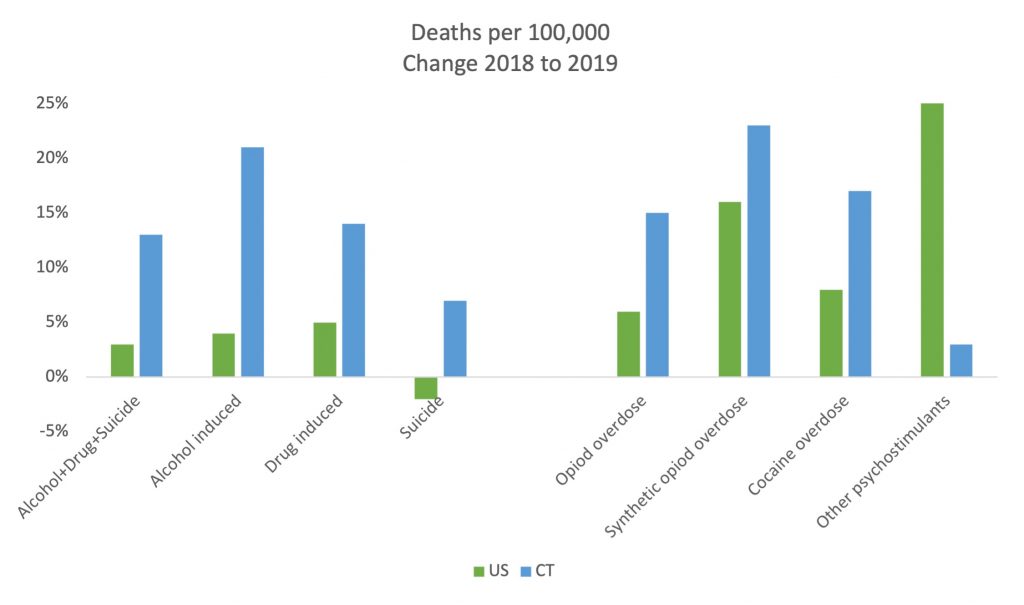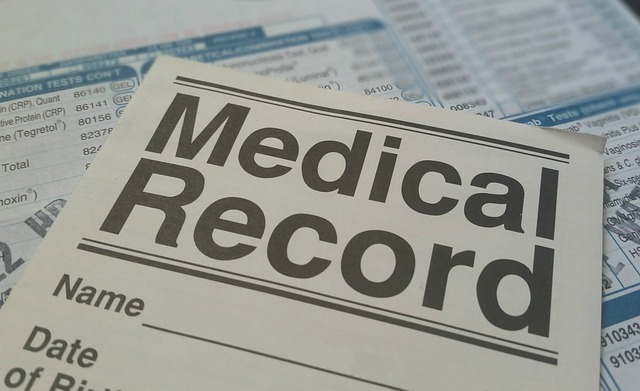providers
Very helpful data Roadmap to promote health equity in CT
While residents of Connecticut’s minority communities face significant disparities in health outcomes compared to white state residents, there has been no consistency or standardization of Race, Ethnicity and Language (REL) data collection. A new state law requires, among other things, that providers and state entities collect REL data using standard categories. A new report from…
Read MoreCT physician earns Shkreli award overcharging for COVID tests
Dr. Steven Murphy, a Greenwich internist, has earned a 2020 Shkreli Award from the Lown Institute. Dr. Murphy earned the award for overcharging at several town COVID testing sites he ran for several towns including New Haven. He overcharged thousands for “super Covid tests” and other unnecessary tests. He charged $480 for a 30-second phone…
Read MoreNew Medicaid homelessness prevention program shows promise
Starting August 1st, Medicaid members at risk of homelessness will have access to housing support services and subsidies through the new CHESS program. The program is designed to address upstream problems to prevent future problems and improve overall health. Described at today’s MAPOC meeting, the plan expects to serve about 850 Medicaid members with care…
Read MoreANALYSIS | Who In Health Care Made Money on COVID?
Many COVID heroes who put their lives at risk or died caring for others. We all owe healthcare providers, scientists, public health professionals, and other frontline workers a huge debt of gratitude. But the healthcare industries did just fine. Four of the ten companies that profited most during the pandemic are in healthcare. Read more
Read MoreCT ‘deaths of despair’ high and rising faster than other states
In 2019 per capita, Connecticut had 19% more deaths due to alcohol, drugs or suicide and these deaths of despair increased over four times faster than the US average, according to a new report from the Trust for America’s Health. Connecticut’s rates of drug-induced deaths were largely responsible at 58% higher than the US average.…
Read MorePublic comment opposing sales of medical records to fund HIE
Read the full comments and the March 2020 letter from 22 advocates with concerns Today the CT Health Policy Project submitted public comment opposing the Office of Health Strategy’s medical record privacy policy proposals. Specifically advocates oppose selling access to Connecticut residents’ medical records through paid subscriptions. In addition to the harm to individuals, this…
Read MoreCTNJ: ANALYSIS | CT’s Health Information Exchange Is Up And Running With 2 Big Problems
After 15 years and millions of wasted tax dollars, Connecticut finally has an operational health information exchange (HIE). The system that will hold all our medical information should improve patients’ lives, but the way it’s funded creates serious privacy and mistrust concerns. The Office of Health Strategy (OHS) is now taking public comment on their…
Read MoreCT hospitals rank 15th among states in avoiding low value care, worst in New England
Every 80 seconds a US hospital provides a low value test or procedures to an older adult, putting hundreds of thousands of people’s health at risk, according to the latest Lown Institute Hospitals Index. Only one hospital from US News’ honor roll was in this top 100 for avoiding inappropriate tests and procedures. Hospital scores…
Read MoreCT hospital quality improves in new CMS star ratings
Download the report Connecticut hospitals improved their overall quality performance this year, according to Medicare.gov Compare’s 2021 update. Connecticut hospitals averaged 3.0 stars out of five last year, moving to 3.5 in this year’s ranking. While 3.5 stars is still too low, especially given the cost of healthcare in Connecticut, things are moving in a…
Read MoreCTNJ Opinion: Remember Public Health’s Value After COVID Is Gone
The COVID-19 pandemic has focused a bright light on the weakness of the U.S. public health system. Countries with strong public health systems fared much better in controlling the virus’ spread. America used to have a strong public health system. From 1900 to 2000, life expectancy rose by 30 years. Contrary to public opinion, it…
Read More







